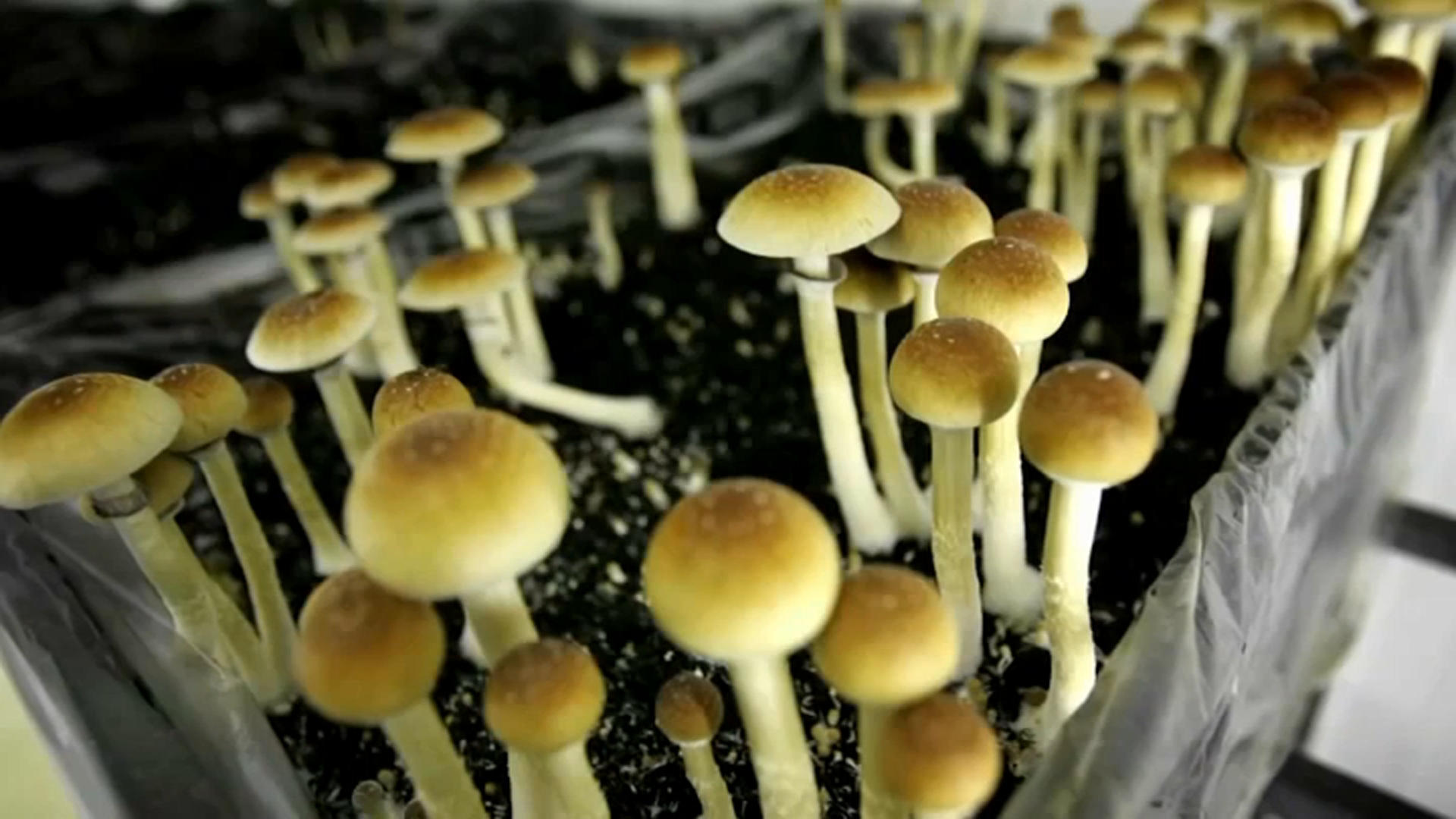Massachusetts voters on Tuesday rejected a ballot measure that would have allowed the personal and clinical use of some natural psychedelic drugs, namely psilocybin, psilocyn, DMT, ibogaine and mescaline.
Question 4 had a two-prong approach to legalizing the substances: It would have authorized a system of psychedelic therapy centers where clients could purchase the drugs, with a 15% state tax, and use them with supervision from someone who had been trained in accordance with state guidelines. It also would have allowed for residents to grow, share and use the plants at home, provided that they did not advertise and sell the drugs.
WATCH ANYTIME FOR FREE
>Stream NBC10 Boston news for free, 24/7, wherever you are. |
Just before 10 a.m. Wednesday, results tabulated by the Associated Press showed about 43% in support and 57% opposed.
Get updates on what's happening in Boston to your inbox. Sign up for our >News Headlines newsletter.
"We spoke to tens of thousands of Massachusetts voters and heard broad agreement that natural psychedelics should be more accessible to those who cannot find relief through traditional medication and therapy. We understand there were concerns about the home grow provisions, and those concerns likely led to tonight’s result. But we have made hugely important strides on this issue of psychedelic therapy, and we will keep fighting to find new pathways for all those who struggle with their mental health. We look forward to working with legislators in the new session to continue advocating for access, for hope, and for healing," a spokesperson for the Yes on 4 campaign, which dubbed itself Massachusetts for Mental Health Options, said around 12:30 a.m. Wednesday.
Over the campaign season, supporters pointed to research that shows natural psychedelics can be used to treat some serious mental health conditions, including PTSD, anxiety and depression, as well as for addiction treatment. Opponents warned that the substances could have unintended health risks, especially if being used at home unsupervised, and that the likely high cost of treatment at one of the regulated psychedelic therapy centers would be a serious barrier to entry for some.
As the question did not pass, it cannot be brought back to ballot again until at least 2028. State law does not allow the same question to be on the ballot two election cycles in a row.
Legislative efforts this session to decriminalize psychedelic plants gained little traction, and would be unlikely to go much further next year given Tuesday's vote.
Bills from Republican Rep. Nicholas Boldyga (H 3589), which would legalize some psychedelic plants and fungi for people ages 21 and older, and similar bills from Democrats Rep. Lindsay Sabadosa and Sen. Pat Jehlen (H 1754 / S 1009) that would open up use of the so-called plant medicine to individuals ages 18 and older, were all sent to dead-end study orders this session.
Asked about his opinion on Question 4 last month, House Speaker Ron Mariano took no particular position.
"Ah, psychedelics. I outgrew that stuff. Nah, there's no -- I don't know. I don't know, I'll figure it out," Mariano said.
The speaker's office later told the State House News Service he was "joking" when he made the remark.



